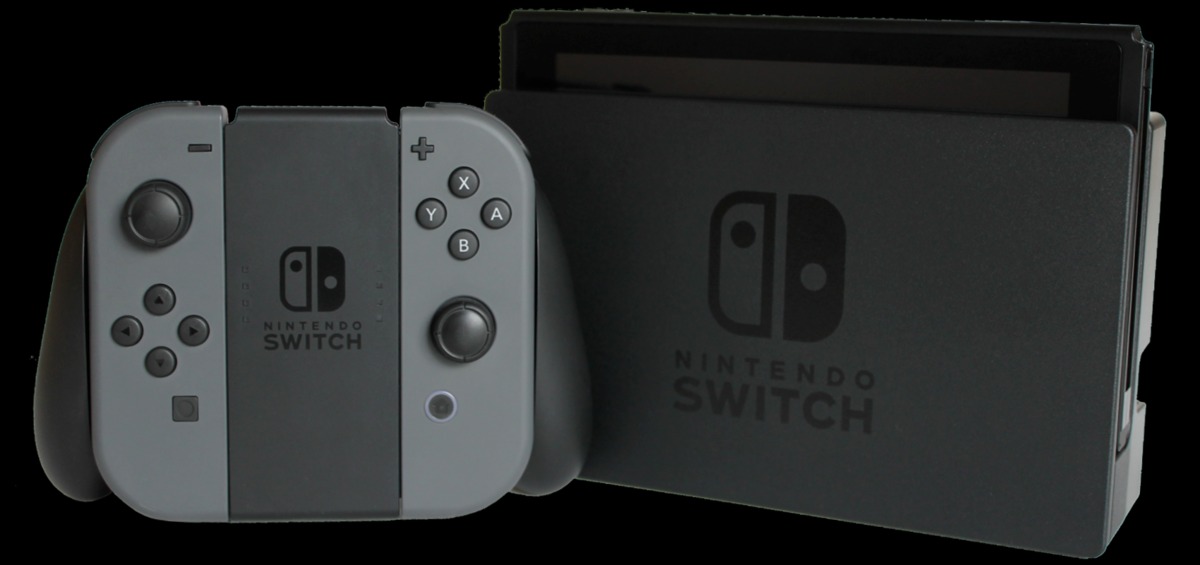Let’s be clear: video games are not some villainous brain-melting curse. But if you’ve ever sat down for “just one more round” and suddenly realized the sun came up three hours ago, you know there’s at least something worth talking about. The big question: Is video game addiction a legit condition, or just another case of parents blaming Fortnite for why little Timmy forgot his homework?
Is It Real?
Yes—technically. The World Health Organization added “gaming disorder” to its International Classification of Diseases back in 2019. It means some people play to the point where it torpedoes their health, social life, or work. That makes the Gaming Addiction Lawsuit a very real thing.
Still, let’s not confuse marathon gaming sessions with true addiction. Bingeing Elden Ring on launch weekend? Dedication. Ignoring your job, relationships, and sleep for months? That’s when it crosses the line.
Is It Overhyped?
It really depends on who you know. The term “addiction” gets tossed around more than TikTok dance trends these days, and most gamers—kids, adults, even grandma with her Candy Crush empire—don’t meet the clinical criteria. For many, “addiction” is shorthand for “someone in my house plays more than I’d like.” That said, dismissing it completely is like saying nobody’s ever eaten an entire family-sized bag of Doritos in one sitting. Rare? No. Possible? Absolutely.
The Signs to Watch
- Time warp mode: Hours vanish faster than your paycheck on Amazon Prime Day.
- Neglecting basics: Meals skipped, showers optional, sleep a rumor.
- Irritability off-screen: Mood crashes when not gaming—like a toddler who lost their favorite toy.
- Social fallout: Ignoring friends, family, or that group chat that’s been blowing up since 2019.
- Decline in school/work: Deadlines missed because “just one more raid.”
If several of those sound uncomfortably familiar, it might be less about a hobby and more about a red flag.
How to Keep It in Check
- Set boundaries: Not “I’ll stop when I’m done,” but “I’ll stop at 11 p.m.” (and actually stop).
- Use tech to fight tech: Parental controls, screen timers, and in-game reminders are like the seatbelts of gaming.
- Balance the load: Pair gaming with IRL activities—walk the dog, cook something that isn’t instant ramen, touch grass. Literally.
- Play smarter: Cooperative and social games can be healthier than solo marathons. Think “hangout with friends” versus “disappearing act.”
- Seek help if needed: Therapy isn’t just for prestige dramas on HBO; professionals can help if things get rough.
The Bottom Line
Video game addiction exists, but most gamers just need moderation, not a medical intervention. Think of it like coffee: for most, it’s a daily ritual that makes life better. For some, it’s a six-shot habit that leaves you twitching in the corner. The trick is knowing which side of the line you’re on.
So play, have fun, but maybe don’t let your Xbox double as a life support system. And if you ever find yourself explaining to HR that you missed work because of a digital fishing tournament, it might be time to log off and remember the real world has pretty good graphics too.




























